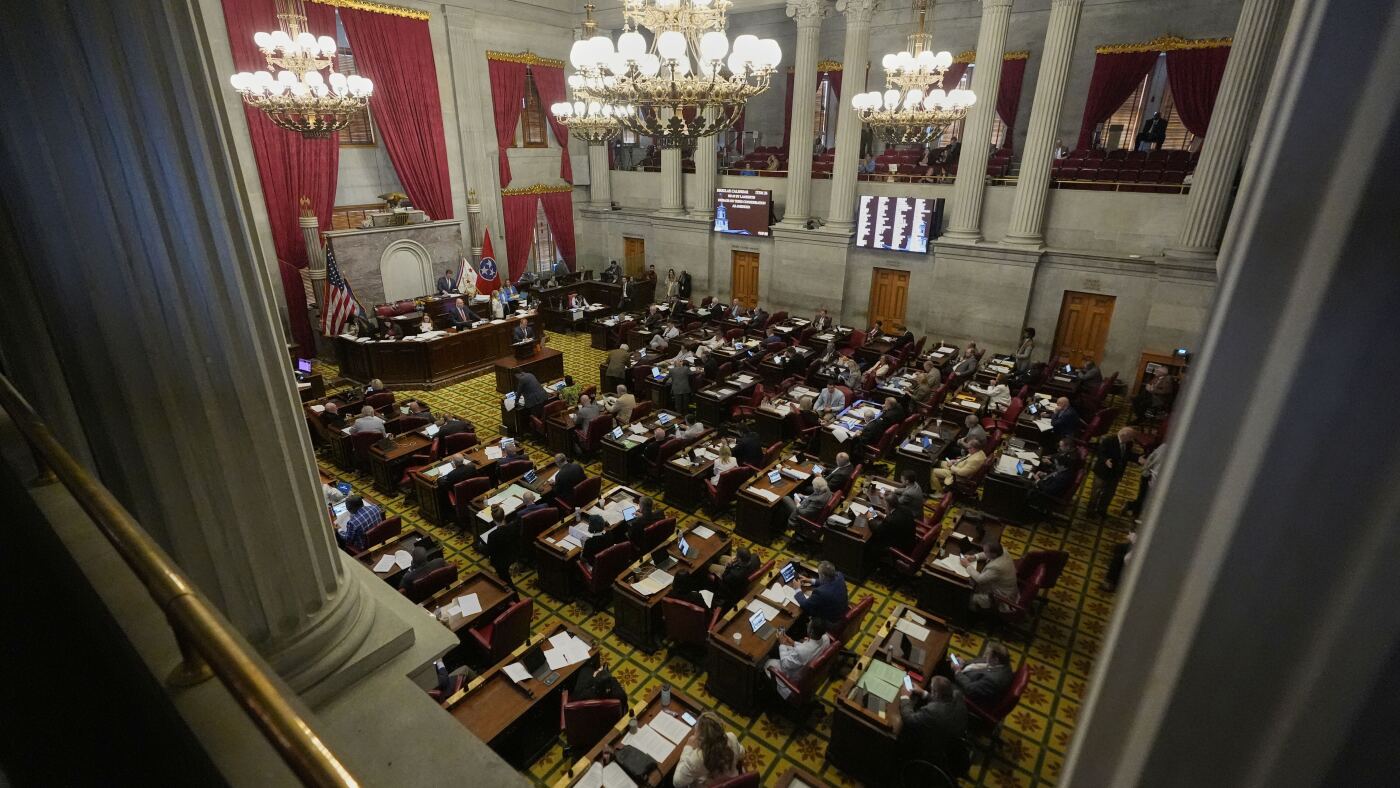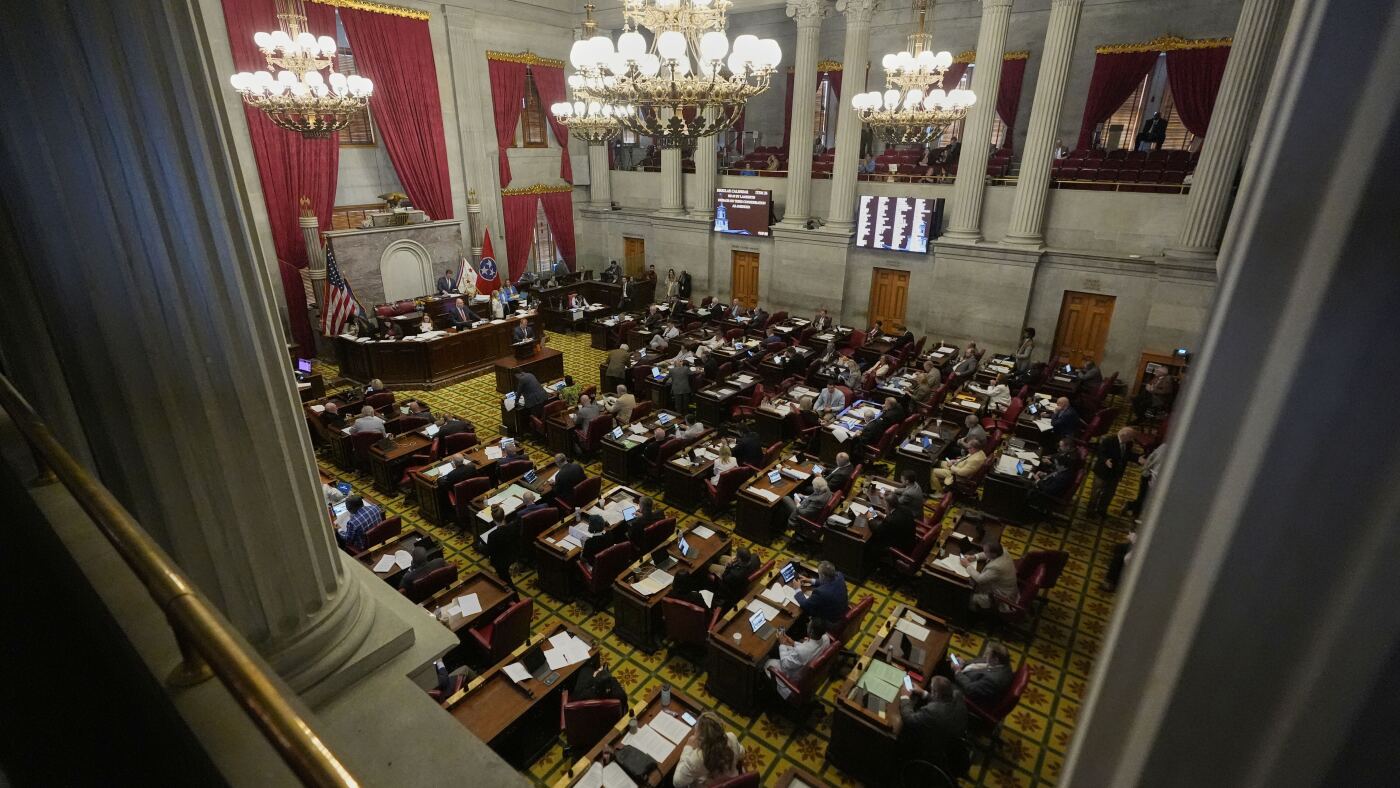The legal landscape is in a state of perpetual flux, with new laws continually reshaping the boundaries of fundamental rights. This dynamic environment necessitates a critical examination of recent legislative trends and their implications for individual liberties. From gun control debates to transgender rights, the interplay between security, societal values, and personal freedoms is increasingly complex. This report explores recent legislative developments across various domains, highlighting the tensions and consequences of these legal shifts.
Gun Control and the Right to Bear Arms
The debate over gun control remains one of the most polarizing issues in many nations, particularly in the United States. Recent legislative actions reflect this divide, with some states implementing stricter regulations while others adopt more permissive approaches. For example, certain states have enacted laws empowering local officials to ban firearms in specific locations, such as schools and government buildings. This has reignited discussions about the Second Amendment and the government’s authority to regulate firearm ownership.
Proponents of stricter gun control measures argue that these laws are essential to curbing gun violence and safeguarding communities, particularly vulnerable populations like children. They point to statistics showing that countries with stricter gun laws experience lower rates of gun-related deaths. For instance, according to the Centers for Disease Control and Prevention (CDC), the U.S. has one of the highest rates of gun-related deaths among developed nations, with over 40,000 deaths annually. Advocates for gun control contend that reducing access to firearms can help mitigate this crisis.
Conversely, opponents of these measures assert that they infringe upon the right to self-defense and penalize responsible gun owners for the actions of criminals. They argue that gun ownership is a fundamental right protected by the Second Amendment and that restrictive laws disproportionately affect law-abiding citizens. The National Rifle Association (NRA) and other advocacy groups have consistently opposed gun control measures, citing the importance of self-defense and the potential for government overreach.
The implications of these laws extend beyond gun owners, affecting the safety and security of public spaces. The debate underscores the need for a balanced approach that addresses gun violence without compromising individual rights. This requires a nuanced understanding of the complexities involved, including the psychological and social factors contributing to gun violence.
Sanctuary Policies and Local Autonomy
The regulation of “sanctuary policies” has become another contentious area of legislation. These policies, which provide safe havens for undocumented immigrants, have sparked significant debate and legal action. Some states are enacting laws that threaten local officials with felony charges for supporting sanctuary policies, aiming to enforce federal immigration laws at the local level. This has raised questions about the relationship between state and local governments and the rights of undocumented immigrants.
Proponents of these laws argue that sanctuary policies undermine the rule of law and create havens for criminals. They contend that local jurisdictions should not be allowed to shield undocumented immigrants from deportation, as this undermines federal authority and public safety. Supporters of these measures often cite instances where undocumented immigrants have committed serious crimes, arguing that sanctuary policies put communities at risk.
Opponents, however, argue that these laws are discriminatory and violate the principles of federalism. They contend that local governments should have the autonomy to prioritize the needs of their communities, including providing support for undocumented immigrants. Advocacy groups, such as the American Civil Liberties Union (ACLU), have challenged these laws in court, arguing that they infringe upon the rights of local governments and the individuals they serve.
The impact of these laws extends beyond immigration enforcement, raising broader questions about the balance between federal and local authority. The debate highlights the need for a comprehensive immigration reform that addresses the complexities of the issue while respecting the rights of all individuals, regardless of their immigration status.
Transgender Rights and Societal Values
Laws affecting transgender individuals have become a focal point in the ongoing culture war. Recent legislative actions in some states have introduced new restrictions on transgender people, particularly concerning access to gender-affirming care and participation in sports. These laws have sparked intense controversy, with supporters claiming they are necessary to protect children and preserve traditional societal values.
Opponents argue that these measures are discriminatory and harmful to transgender individuals, violating their rights to equality and self-determination. They point to studies showing that gender-affirming care is crucial for the mental health and well-being of transgender youth. For example, a study published in the *Journal of Adolescent Health* found that transgender youth who receive gender-affirming care experience significantly lower rates of depression and suicidal ideation.
The debate surrounding transgender rights is complex, encompassing issues of identity, biology, and social justice. The long-term effects of these laws on transgender communities and the broader social landscape remain to be seen. However, the current trend of restrictive legislation raises concerns about the erosion of fundamental rights and the potential for increased discrimination and violence against transgender individuals.
Freedom of Speech and its Limitations
The right to freedom of speech, a cornerstone of democratic societies, is also being challenged by new laws. Concerns about hate speech, misinformation, and online harassment are leading to calls for greater regulation of speech, particularly on social media platforms. However, attempts to restrict speech must be carefully balanced against the potential for censorship and the suppression of dissenting voices.
Laws that broadly define hate speech or impose overly restrictive limitations on online expression can stifle legitimate debate and chill free expression. For instance, in some European countries, laws against hate speech have been used to prosecute individuals for expressing controversial opinions, raising concerns about the erosion of free speech. The challenge lies in finding ways to combat harmful speech without infringing upon fundamental rights. This necessitates a nuanced approach that respects the importance of free expression while acknowledging the need to protect vulnerable groups from discrimination and harassment.
The Rule of Law and Constitutional Protections
Across the globe, the fundamental principle of the rule of law is being tested. In some nations, constitutional rights, such as freedom of speech and association, are being interpreted and applied in ways that restrict individual liberties. For instance, in Singapore, while the Constitution guarantees freedom of speech, these rights are often balanced against the need to maintain social harmony and national security. This can lead to limitations on speech that would be considered unacceptable in other democracies.
Furthermore, new laws can sometimes inadvertently undermine constitutional protections, creating legal ambiguities and potentially leading to abuses of power. Vigilance and judicial independence are essential to ensuring that the rule of law is upheld and that constitutional rights are not eroded. The judiciary plays a crucial role in interpreting laws and ensuring that they align with constitutional principles. However, in some cases, judicial independence has been compromised, raising concerns about the fairness and impartiality of the legal system.
The Future of Fundamental Rights
The ever-evolving legal landscape demands constant vigilance and critical analysis. New laws, while often intended to address specific problems or achieve particular policy goals, can have unintended consequences for fundamental rights. As societies grapple with complex challenges, such as terrorism, economic inequality, and social division, it is crucial to ensure that the pursuit of security and stability does not come at the expense of individual liberties.
The future of fundamental rights hinges on our ability to navigate these complexities and strike a balance between collective well-being and individual freedoms. This requires a commitment to justice, equality, and the rule of law. It also necessitates ongoing dialogue and engagement with the legal and political processes that shape our societies.
Navigating the Labyrinth: A Call to Vigilance
The trajectory of fundamental rights is not predetermined. It is shaped by the choices we make, the laws we enact, and the values we uphold. As new laws continue to reshape our world, it is imperative that we remain vigilant, informed, and engaged in the ongoing dialogue about the balance between individual freedom and collective well-being. Only through careful consideration and a commitment to justice can we ensure that the shifting sands of law do not bury the bedrock of our fundamental rights. This requires active participation in the democratic process, support for judicial independence, and a willingness to challenge laws that infringe upon fundamental rights. By doing so, we can safeguard the principles that underpin our societies and ensure that the pursuit of justice remains a guiding light in an ever-changing world.








